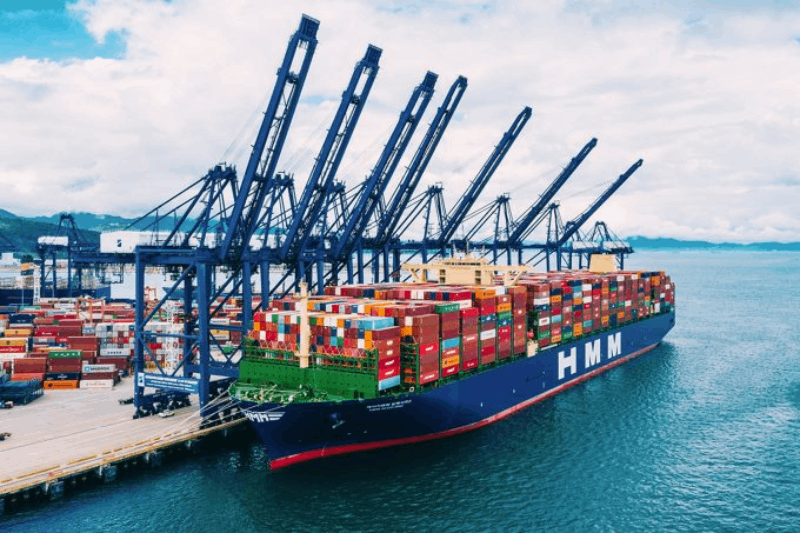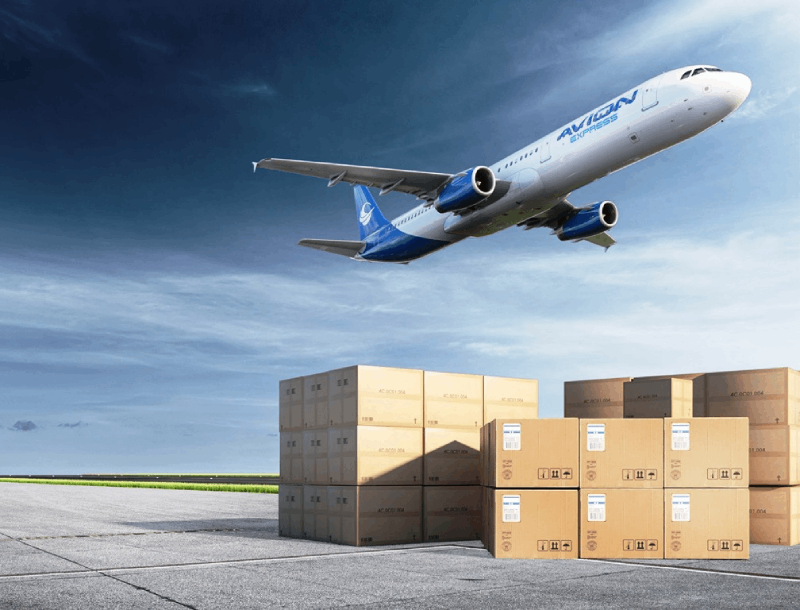Time:2022-06-28 Publisher:Kevin Num:5471

Recently, the price of the shipping market has dropped sharply. This may be related to shipments and port congestion.
In many European ports, workers have launched protests or strikes because of their dissatisfaction with wages.
This makes the supply chain even worse. On the one hand, there are full yards and docks, and on the other hand, there are strikes for wages.
Under this double blow, the shipping date and delivery time may be further delayed.
Negotiations deadlocked, German port workers strike again
German port workers' Union Ver.di's negotiations with the port association are deadlocked again. On the morning of the 23rd, ver The di union conducted a 24-hour "warning strike".
This is the second time in less than a month that the trade union has pressed employers to meet their demands for a pay rise. As a result of the strike, more and more ships were overstocked in the German North Sea.
Ver.di represents about 12000 workers in the ports of Emden, Bremen, Brake, William and Hamburg.
It is reported that operations at all ports were suspended yesterday. The trade union reported that 4000 workers participated in the demonstrations in Hamburg.
Some insiders said that even a short strike would have a serious impact on the global supply chain. At present, there are about 30 ships waiting to berth in the North Sea, including 15 large container ships.
Regarding the strike of German port workers again, Maersk issued a notice that it would directly affect its operations in Bremen haven, Hamburg and William ports.
It also said that it would undertake the overall suspension of import and export railways, highways and shipping in German ports during the strike. And said it did not intend to make any changes to the service.
"In order to minimize any further disruption to the supply chain, we will closely monitor the development of this matter. The union ver.di acknowledges that further strike action is possible." Maersk said.
Strike wave sweeping European aviation industry

The strike wave of European airlines is intensifying the transport crisis in Europe. On June 23, Frankfurt, AFP reported that Lufthansa, the largest airline in Europe, announced that it would cancel more than 3000 flights this summer due to strikes and other factors.
On the other hand, some crew members of Ryanair in Ireland in Belgium, Spain and Portugal have started a three-day strike.
EasyJet will also face a wave of strikes from July 1.
GLA hereby reminds the majority of cargo owners and freight forwarders to keep an eye on the latest port developments and communicate with shipping companies in time to avoid delay in delivery of goods.



